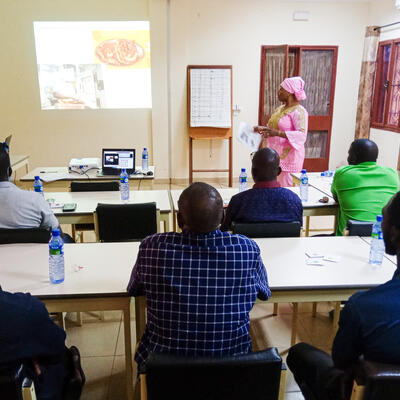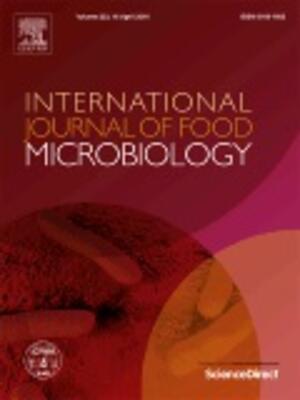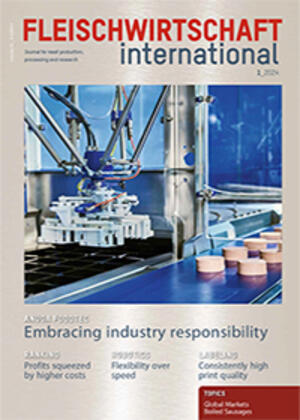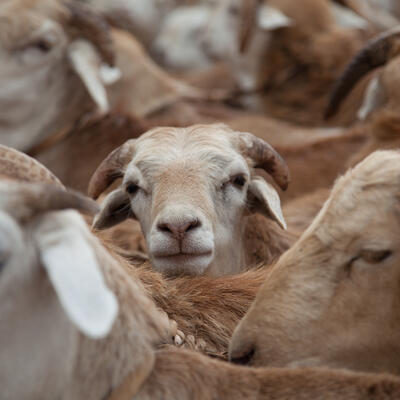
Safer indigenous pork and healthier ethnic minorities in Vietnam by better management of parasitic foodborne diseases
The goal of the project is to assess and reduce cysticercosis and trichinellosis (parasitic foodborne diseases) in ethnic minorities of selected areas of Vietnam.
The Food and Agriculture Organization of the United Nations and the World Health Organization listed the top 10 foodborne parasites of global concern in humans, with cysticercosis (caused by Taenia solium) ranked the highest and trichinellosis (caused by Trichinella spiralis) seventh. Human cysticercosis is an under-recognized disease with a variety of clinical signs including epilepsy. Trichinellosis causes diarrhoea, muscle pain and fever in humans. Pig production is an important livelihood activity for ethnic minorities in Vietnam. Both indigenous breeds and wild pigs have traditionally been kept under extensive management systems facing various challenges (e.g. government policies favouring exotic pigs).
Project objectives
- Gather information on the presence of cysticercosis and trichinellosis in indigenous pigs and ethnic commune members based on serology and records.
- Determine the perception and awareness of indigenous pig farmers and other value chain actors on cysticercosis and trichinellosis
- Address capacity gaps and diagnostic difficulties in using improved diagnostic or rapid tests
- Develop and test promising interventions to reduce both parasitic foodborne diseases and promote a brand, ‘Healthy livestock and people’.




















